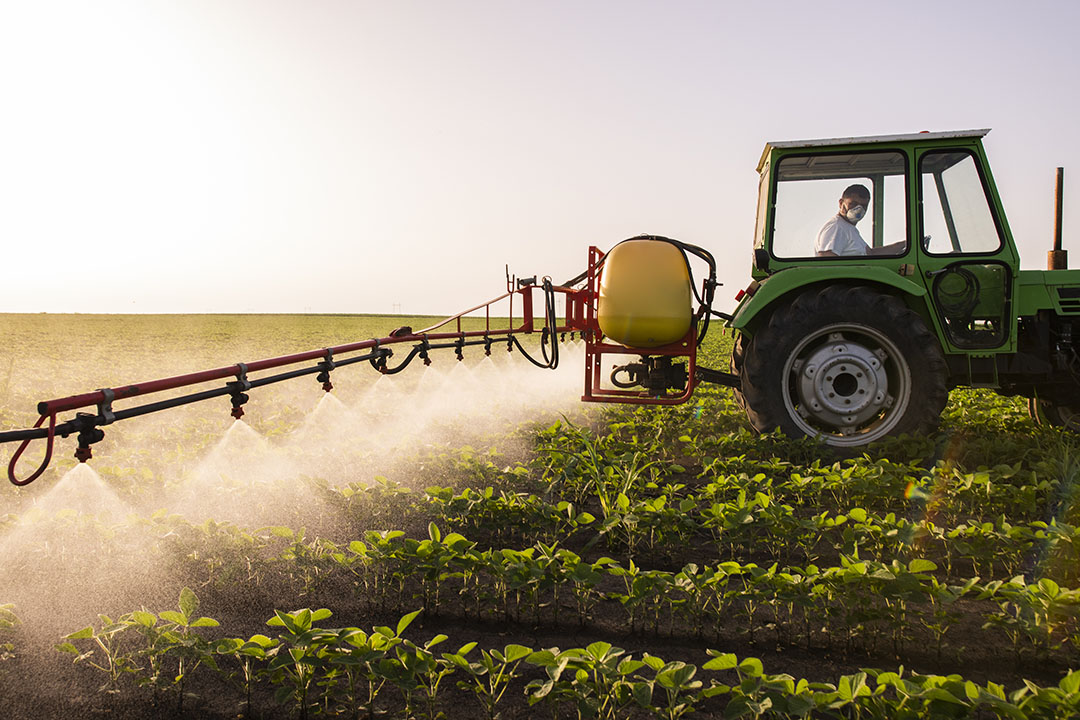The Persistent Organic Pollutants Review Committee (POPRC) of the Stockholm Convention advanced its work to review chemicals, make recommendations on POPs to the Conference of the Parties (COP), and inform global efforts to protect human health and the environment from POPs – chemicals that are toxic, bioaccumulate, persist in the environment, and can travel to remote areas.
During the opening session of the 18th meeting of the POPRC (POPRC-18), Rolph Payet, Executive Secretary of the Basel, Rotterdam, and Stockholm (BRS) Conventions, stated that new POPs are continually being added to the Convention annexes. He said many of the chemicals under review or listed are used in plastics and underscored the Convention’s work with the ongoing negotiations for a new plastics treaty.
According to the Earth Negotiations Bulletin (ENB) summary of the meeting, the POPRC advanced all but one of the chemicals under consideration to their respective next review stage. The Committee agreed to recommend two chemicals for listing under the Stockholm Convention: Dechlorane Plus, a flame retardant; and UV-328, an ultraviolet filter used in plastics. The recommendations will be forwarded to the COP, which will consider whether to include them in Convention Annex A, which eliminates production and use. In both cases, the Committee identified applications where some ongoing uses would still be needed given a lack of available safe alternatives, including their use in spare parts of vehicles.
The POPRC deferred consideration of a draft risk profile for chlorpyrifos as some members did not agree this pesticide would, through its long-range environmental transport, lead to adverse effects. For two other draft risk profiles, the Committee agreed global action is warranted, because the chemicals are likely to cause adverse effects due to their long-range environmental transport.
The ENB analysis of the meeting notes that the POPRC meets annually to evaluate chemicals and make recommendations to the COP. “Once a party proposes a substance for listing,” it explains, “the Committee reviews whether there is information that the substance satisfies the screening criteria set out in Annex D relating to persistence, bioaccumulation, potential for long-range environmental transport […], and adverse effects.” Next, information is gathered according to Annex E to conduct a risk profile that evaluates “whether the chemical is likely, as a result of its long-range environmental transport, to lead to significant adverse human health and/or environmental effects, such that global action is warranted.” Annex F calls for collecting information on socioeconomic considerations as part of a risk management evaluation. Based on this, the Committee recommends eliminating the substance (Annex A), restricting its use (Annex B), and/or controlling unintentional production (Annex C). The Committee may also provide guidance to parties on whether exemptions are appropriate or whether there may be enduring acceptable purposes.
POPRC-18 convened in a hybrid format from 26-30 September 2022, with most participants engaging in person in Rome, Italy. POPRC-19 is tentatively scheduled for 9-13 October 2023 in Rome, back-to-back with the meeting of the Chemical Review Committee (CRC) of the Rotterdam Convention. [ENB Coverage of POPRC-18]

